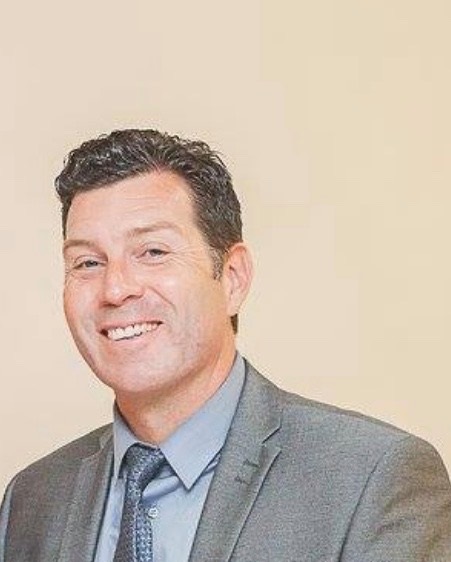
Full Name: Mark Beastall
Job Title: Operations Manager
Company: SOCOTEC UK
I have enjoyed being part of the Industry for 33 years, working my way up from a 16 year old Trainee Laboratory Technician through to my current role coming full circle to the Laboratory I started out at.
After deciding I was staying in the industry I studied Civil Engineering part time to HNC level which really gave me a great foundation for furthering my career as did working for and being mentored by Peter Keeton my Manager at Soil Mechanics.
After 15 years at SM I moved into various Managerial roles at Laboratories within the Industry developing my knowledge of materials and in-situ testing alongside my core geotechnical testing.
What or who inspired you to join the geotechnical industry?
I fell into the Industry by accident after joining Soil Mechanics as a school leaver for a job I expected to last me through the summer prior to starting College in September to study Hotel Management and Catering. Little did I expect to be there for 15 year’s
I think that having my first working experience in an enjoyable environment and undertaking a technical role which was very different to anything I had known and in a unique sector was what led me to continue in the field.
What does a typical day entail?
As my current role is very varied I feel fortunate that no two days are the same. Looking after budgets and the financial performance of two divisions and responsibility of a small team in the North East as well as Doncaster Lab and Field and Reporting up to Directors occupies a significant part of my days.
I’m fortunate to have a very experienced Manager looking after our Geotechnical Laboratory supported by a committed team of almost 40 technicians.
I can be taking a call booking in plate CBR tests one minute and the next I’ll be being chased for completion dates for lab reports or being asked advice on the suitability of Type one sub-base.
Are there any projects which you’re particularly proud to have been a part of?
I wouldn’t put it down to working on any specific project that make me proud but more the organisations I’ve worked for and completing objectives I set out to achieve whether this was developing new test methods, multiple successful UKAS assessment visits, completing contracts to tight deadlines or over delivery of financial objectives.
What are the most challenging aspects of your role?
Managing client expectations, staffing issues and sample queries would be the main three that come to mind.
There always has been and continues to be a lack of appreciation of how Geotech Laboratories function and the length of time some of the tests can take.
Another frustration with many Lab Managers is sample volumes and sample quality. We face a balance of having to obtain results from inadequate / inappropriate samples with insufficient volumes for testing.
With regards staff it is a common theme that a lot of Laboratories employ Technicians who have generally fallen into the industry rather than it being the path they planned to take. This comes with challenges such as motivation, retention and career expectations for what for many is very little above living wage.
What AGS Working Group(s) are you a Member of and what are your current focuses?
I am currently leader of the Laboratories Working Group which has participants from the following fields: Geotechnical, Materials and Geo-Environmental Laboratories as well as UKAS and the BGS.
Current topics that we are working on are;
Assisting in the reissue of the “Yellow Book”
Input into the CIRIA document for “Asbestos in Soils”
Articles for the quality of samples for both Analytical and Geotechnical Labs
A review and reissue of “An introduction to Geotechnical testing for routine construction projects”
What do you enjoy most about being an AGS Member?
Being able to share best practice with like-minded people and sharing knowledge.
What do you find beneficial about being an AGS Member?
Regular updates from all the participating groups, however the LWG does lack participants. We are regularly trying to rally round our colleagues in the industry to up the attendee numbers yet it’s generally the same faces that we see at our quarterly meetings.
Why do you feel the AGS is important to the industry?
Until you start to participate in the meetings people don’t understand the good work and the huge amount of effort that the people within the individual groups do for the good of our industry outside of their day to day roles.
There is such a drive by the current AGS Chair Julian Lovell to give the AGS a real voice and push through so many changes.
What changes would you like to see implemented in the geotechnical industry?
I think that the industry is very stagnant and slow to change or to put on paper what changes do happen or adopt improved techniques.
The current drive of the AGS is to change this and I do see that changes will happen in the next couple of years.
In particular giving labs and the technicians within labs some formalised qualification and worth to ensure we can keep hold of the people and the invested time that labs have put into training and developing individuals.